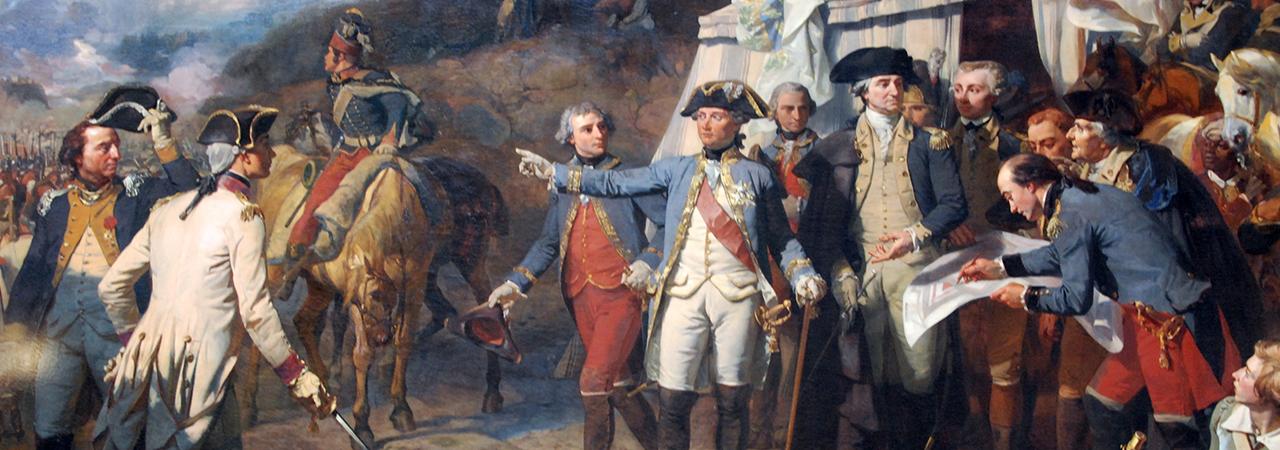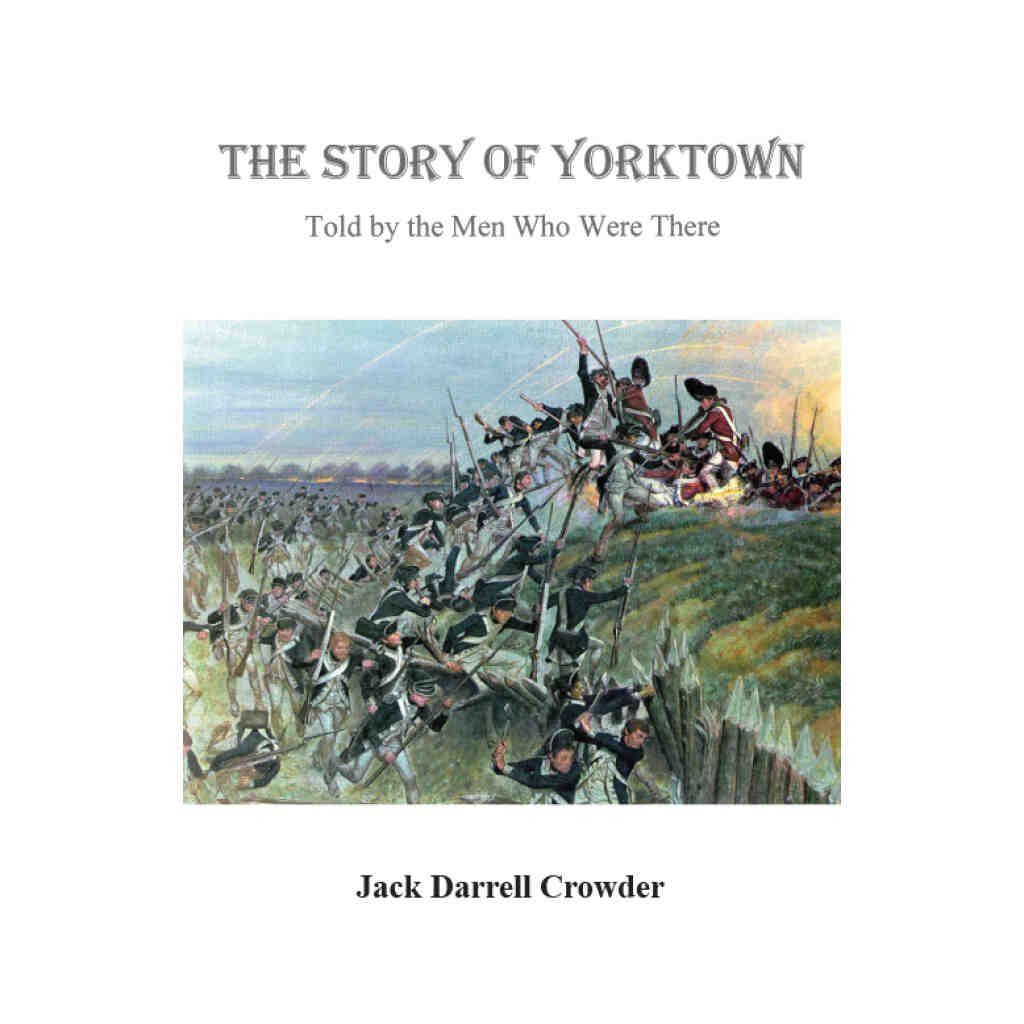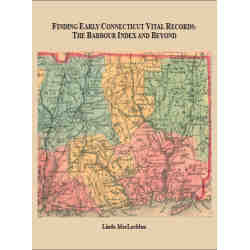
The Treaty of Paris of 1783 ended the American Revolution; however, it was the British surrender to George Washington at Yorktown, Virginia, on October 19, 1781, that set the stage for American Independence. Indeed, Yorktown was the final decisive battle of the conflict, but nothing about it was preordained. For one thing, General Washington wanted to continue the fight in New York but was convinced to leave for Yorktown by France’s General Rochambeau. In seeking the location for his army, Lord Cornwallis, the British commander at Yorktown, never considered that the Americans would have military superiority and would wage a siege against him. The Yorktown area was well suited as a naval staging area for Britain but not much else. The only navy to participate in the battle was the French Navy under Admiral De Grasse. Why? Because Spanish Field Marshall Bernardo de Gálvez had defeated the British forces at Pensacola on May 8, 1781, depriving the British navy of any bases along the Gulf Coast. Cornwallis also underestimated the strength and accuracy of the American artillery.
Author Jack Crowder’s new book, The Story of Yorktown Told by the Men Who Were There discusses all of the above aspects of the American victory and many more. Even better, he does so by putting the reader in the place of actual participants in the battle. Participants like Count Axerl de Fersen, an aide-de-camp to Rochembeau; Enoch Breeden, a twenty-two-year-old militia man from Virginia; Doctor James Thacher, who provided a good account of the damage caused by the Patriots’ artillery shells; Chaplain Israel Evans, who noted the terms of surrender in his diary; and of course personalities like Washington, Cornwallis, Lafayette, Clinton, and Alexander Hamilton. View Book Details
For more information about The Story of Yorktown Told by the Men Who Were, or any other Revolutionary War books by Jack D. Crowder, please CLICK HERE.





